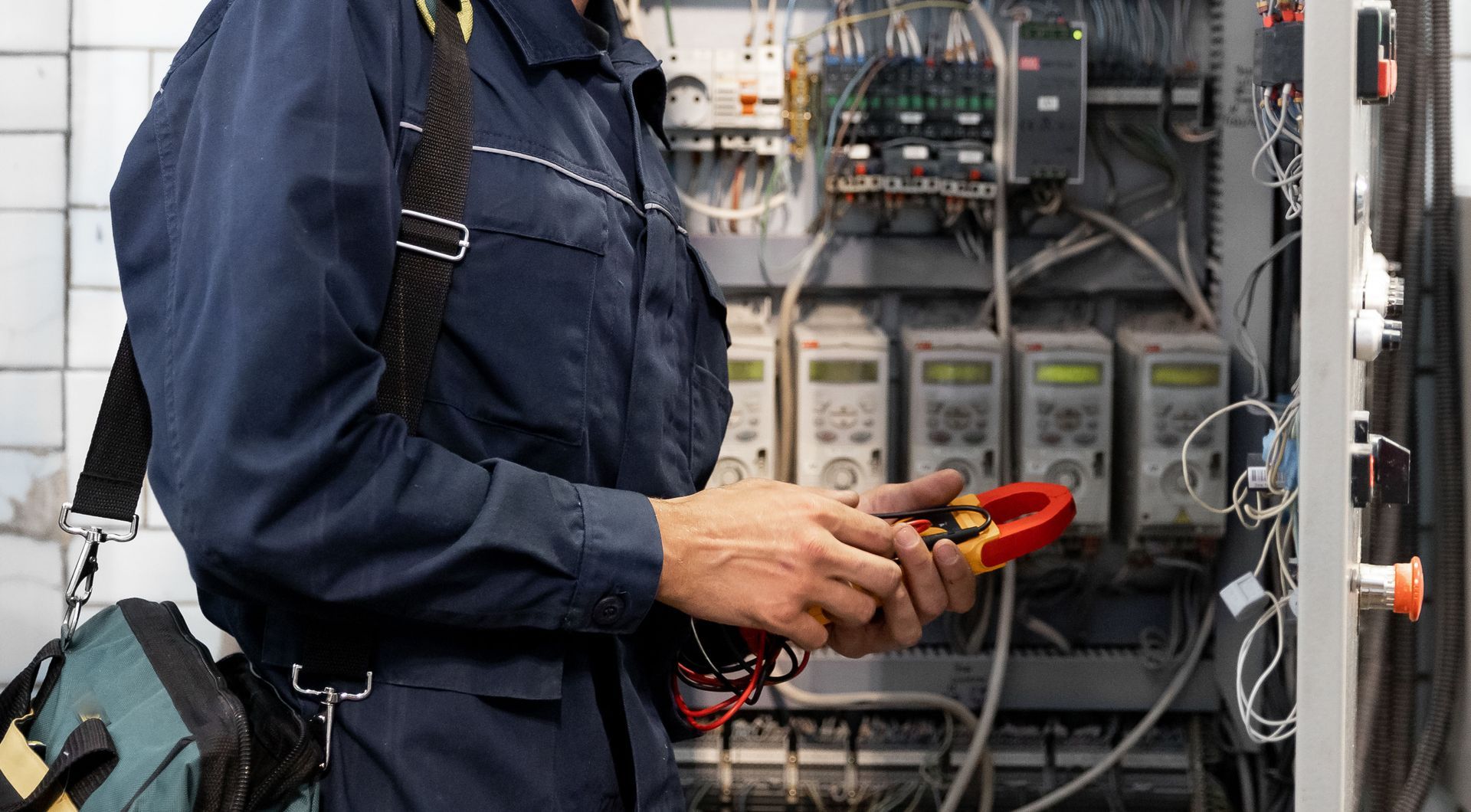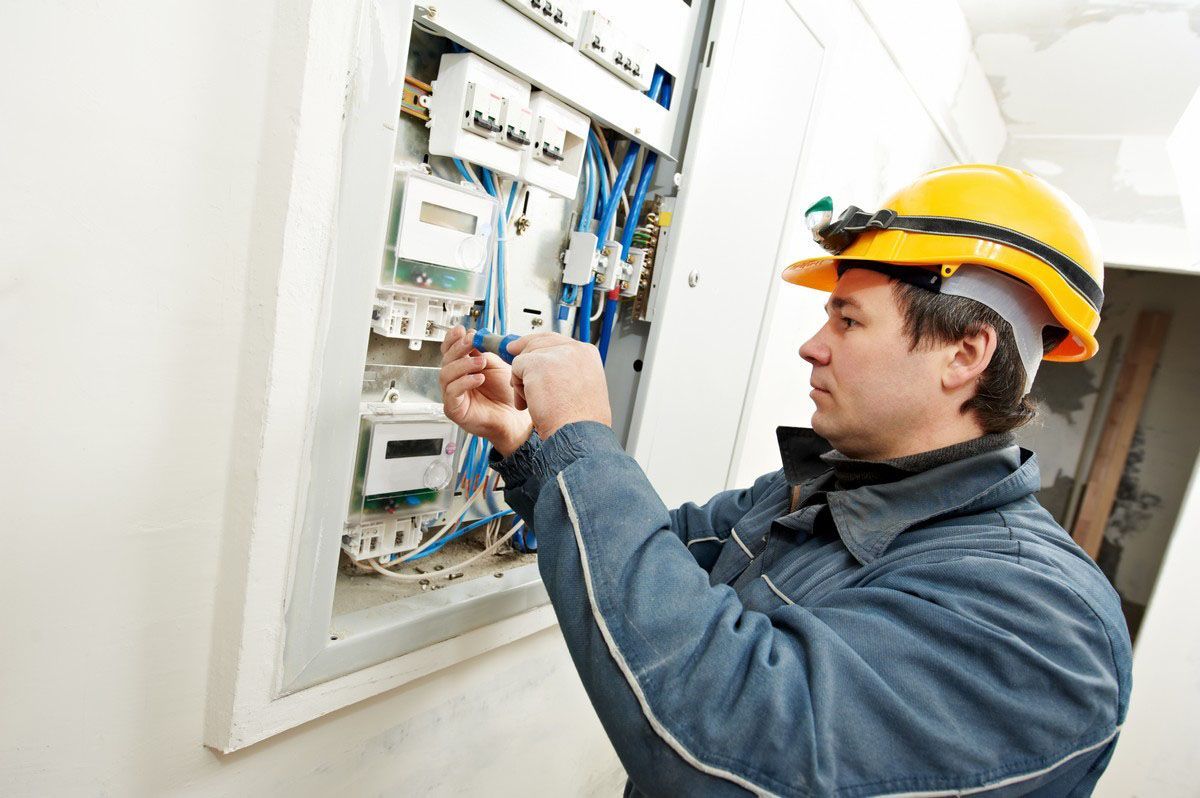The Role of Electricians in Modern Business Operations
Businesses rely heavily on reliable power systems and electrical infrastructure to remain competitive. From powering manufacturing plants to maintaining efficient office spaces, the role of electricians has evolved far beyond traditional wiring and repair work. They are now critical players in ensuring productivity, sustainability, and innovation in modern business operations. Whether it’s maintaining complex electrical networks, supporting energy efficiency initiatives, or enabling the integration of cutting-edge technology, electrical workers contribute significantly to both day-to-day activities and long-term business growth.
Explore the multifaceted contributions of the electrician industry to business operations and discover how their expertise supports industries in adapting to ever-changing demands.
Powering the Backbone of Business
Every business, regardless of its size or industry, depends on a steady supply of electricity to operate. Without functioning electrical systems, offices grind to a halt, factories cannot produce goods, and commercial spaces face customer dissatisfaction. Electricians ensure that these systems are installed, maintained, and repaired efficiently, keeping the lights on and the operations running smoothly.
Modern businesses require more than just standard wiring: they rely on backup power systems, uninterruptible power supply units, and customized electrical layouts tailored to their specific needs. For example, data centers need redundant systems to prevent costly downtime, while manufacturing plants require specialized wiring to accommodate heavy machinery. Electrical workers bridge the gap between these demands and functional solutions, safeguarding businesses from disruptions that could have severe financial implications.
Additionally, electrical companies are often involved in planning and designing electrical systems during the construction of new facilities. By working closely with architects and engineers, they help ensure that a business’s infrastructure can support both current and future power demands. This forward-thinking approach reduces the need for expensive retrofits later and gives organizations a stable foundation to grow.
Supporting the Growth of Technology and Smart Systems
With the rapid integration of smart technologies, the workplace is becoming increasingly digital and interconnected. From energy management systems and advanced lighting to Internet of Things (IoT)-enabled devices, modern businesses demand electrical infrastructures that can handle higher levels of complexity.
Electrical contractors are essential in installing and maintaining these systems, ensuring that everything runs seamlessly. Their expertise allows businesses to incorporate advanced technologies that reduce costs and improve efficiency. For example, automated lighting systems not only save energy but also enhance employee productivity by creating optimal working conditions.
According to MarketsandMarkets, the revenue of the global commercial lighting market is expected to reach $21.8 billion in 2025. This statistic highlights the growing demand for advanced lighting systems and the critical role electricians play in implementing these innovations. Without their involvement, businesses would struggle to leverage the benefits of smart technology effectively.
As cybersecurity becomes an increasing concern in connected workplaces, electrical contractors contribute to secure installations that protect businesses from vulnerabilities. By integrating smart systems with robust electrical infrastructure, they help organizations enjoy the benefits of technology without compromising on safety or reliability.
Ensuring Workplace Safety and Compliance
Safety is a non-negotiable aspect of any business operation. Faulty electrical systems not only disrupt workflows but also pose severe hazards to employees and property. Electricians are responsible for ensuring that businesses comply with safety codes, regulations, and industry standards.
For businesses, this means reducing risks associated with electrical fires, shocks, and equipment damage. A well-trained electrician can identify potential hazards during routine inspections and fix them before they escalate into costly accidents. Moreover, compliance with local and national codes is not just about legal obligations; it is also about building trust with employees and clients who rely on safe environments.
Beyond inspections, electrical contractors provide essential training and guidance to business owners and facility managers on best practices for safe electrical use. This proactive approach not only protects people but also prevents potential lawsuits and downtime caused by unsafe working conditions.
Many electricians partner with safety officers or facility managers to develop long-term maintenance schedules. These programs keep electrical systems updated, ensuring businesses stay ahead of regulatory changes and new safety standards. By maintaining compliance proactively, companies can focus on growth while avoiding costly penalties and risks.
Driving Energy Efficiency and Sustainability
Sustainability has become a cornerstone of modern business operations, with many organizations striving to reduce their carbon footprint. Electrical contractors play a central role in this transition by helping companies adopt greener practices. Through energy audits, system upgrades, and the installation of energy-efficient solutions, they empower businesses to save on utility costs while meeting their environmental goals.
For instance, electrical workers often recommend the use of LED lighting, energy-efficient HVAC systems, and smart thermostats, all of which help businesses cut energy consumption significantly. Many also support the integration of renewable energy sources, such as solar panels, into existing electrical systems. By doing so, electrical contractors not only support sustainability initiatives but also prepare businesses for a future where clean energy is the norm.
Energy efficiency is more than just a financial strategy; it also enhances a company’s brand reputation. Consumers and clients increasingly prefer to engage with businesses that demonstrate environmental responsibility. With electricians providing the necessary expertise, companies can confidently market themselves as eco-friendly while reaping tangible cost savings.
As governments introduce incentives for businesses to adopt greener technologies, electrical companies help companies take advantage of these opportunities. By guiding organizations through grant applications, rebates, and certifications, they allow businesses to benefit financially while contributing to broader environmental goals.
Enabling Business Continuity and Adaptability
In an era of uncertainty, from global supply chain disruptions to extreme weather events, businesses must prioritize continuity planning. Power outages and electrical failures can have devastating effects, halting production lines, disrupting communications, and causing substantial financial losses.
Electrical contractors are instrumental in developing robust systems that ensure business continuity. This includes installing backup generators, designing fail-safe power solutions, and implementing surge protection to safeguard sensitive equipment. By preparing businesses to handle unexpected challenges, electricians minimize downtime and help organizations remain adaptable in the face of disruptions.
As businesses expand or pivot to new models, such as hybrid work environments, electrical workers assist in reconfiguring electrical systems to meet evolving needs. For example, upgrading wiring for increased server usage in remote work setups or reconfiguring commercial spaces for new technological equipment. Their ability to adapt electrical infrastructure to changing business demands makes them indispensable partners in organizational resilience.
Electrical contractors often play a consultative role in helping businesses forecast future energy and infrastructure needs. By anticipating changes in technology and workforce patterns, they design scalable solutions that can grow alongside a company. This foresight ensures organizations remain agile and well-prepared for both short-term challenges and long-term expansion.
The role of electrical professionals in modern business operations extends far beyond traditional service calls and repairs. They are vital contributors to powering businesses, integrating smart technologies, ensuring safety, advancing sustainability, and enabling continuity. As industries continue to evolve and rely more heavily on advanced electrical systems, the demand for their expertise will only grow.
From small businesses to multinational corporations, electrical workers provide the foundation that allows organizations to function, innovate, and thrive in a competitive landscape. Their work not only ensures operational efficiency but also supports long-term strategies that define business success. Electrical contractors are not just service providers: they are strategic partners shaping the future of modern business operations.
Looking for reliable electricians to keep your business running smoothly? Contact Synergy Electric & Lighting today and let our team handle all your electrical needs with professionalism and care.







Share On: